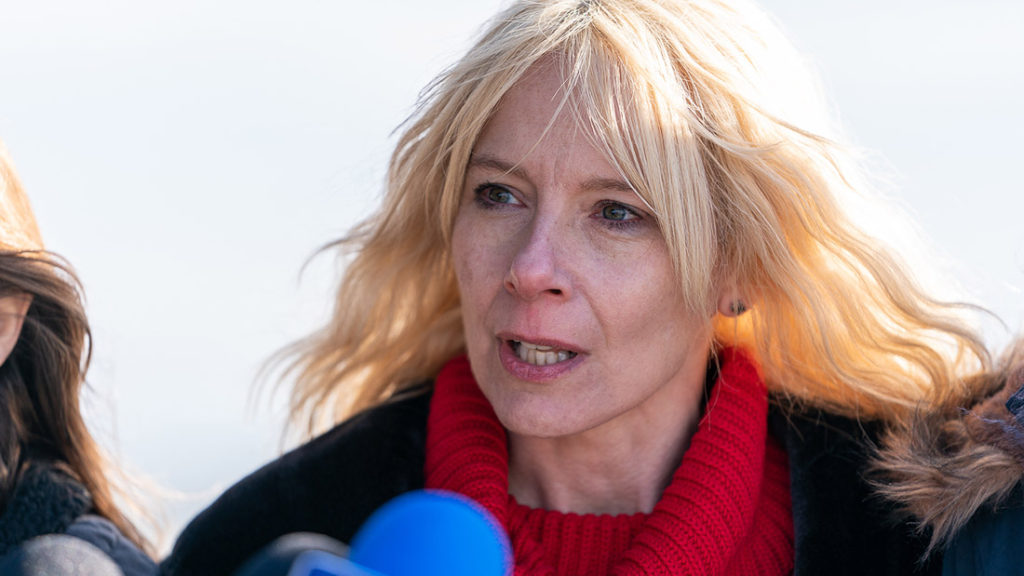Liz Garbus is an Emmy and Peabody award-winning filmmaker whose film “What Happened, Miss Simone?” opened the 2015 Sundance Film Festival, received a Peabody Award, and was nominated for an Oscar. Her other films include “The Farm: Angola, USA,” “Girlhood,” and “Bobby Fischer Against the World.”
“Lost Girls” will premiere at the 2020 Sundance Film Festival on January 28.
W&H: Describe the film for us in your own words.
LG: Based on the nonfiction bestseller “Lost Girls” by Bob Kolker, the film tells the true story of Mari Gilbert, whose 24-year-old daughter Shannan goes missing one night in May of 2010.When Mari tries to get the authorities to help in her search, she is met with indifference. Shannan made a living as a sex worker, and thus her disappearance seemed not to matter to the police.
Mari and her surviving daughters — Sherre and Sarra — embark on a journey to find Shannan, and in the process are forced to confront their own fractured and complex relationships in order to move forward.
W&H: What drew you to this story?
LG: The mystery of it. My desire to tell stories of unusual and forgotten heroes and to shed light in a case that can and must be solved.
W&H: What do you want people to think about when they are leaving the theater?
LG: I want them to be inspired by the strength of Mari and the group of female survivors who had to take matters into their own hands, and to reflect on the importance of community. But, also, I want them to feel mad that justice has been so long denied, and to demand the truth.
W&H: What was the biggest challenge in making the film?
LG: Financing a movie without leading male roles!
W&H: How did you get your film funded? Share some insights into how you got the film made.
LG: It was a journey, but ultimately, it was Netflix!
W&H: What inspired you to become a filmmaker?
LG: My time as an intern at Miramax. Just kidding! I don’t know. I made my first film in high school.
W&H: What’s the best and worst advice you’ve received?
LG: Best advice: No backwards is on.
Worst? Someone once told me, “Don’t praise your actors.” And sure, in the middle of a scene it’s not necessary to offer praise, but I actually think developing genuine, straightforward, non-tricky relationships with your cast is hugely rewarding.
W&H: What advice do you have for other female directors?
LG: Ask. Put your hands up. Announce yourself and your intentions. Men do.
W&H: Name your favorite woman-directed film and why.
LG: Oh, there are so many, but how about “Cléo from 5 to 7” by Agnès Varda for starters?
W&H: What differences have you noticed in the industry since the #MeToo and #TimesUp movements launched?
LG: There’s more awareness of body language and less casual intimacy in the workplace and on set. I’ve noticed a more thoughtful regard for other’s physical space and boundaries.







